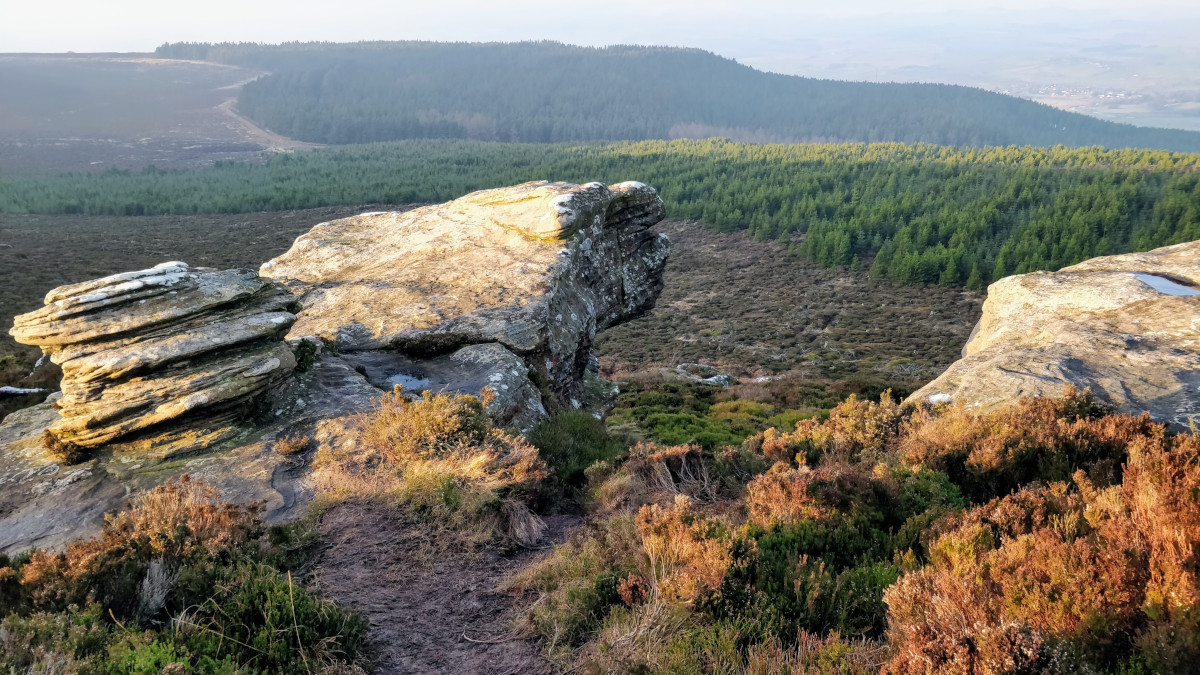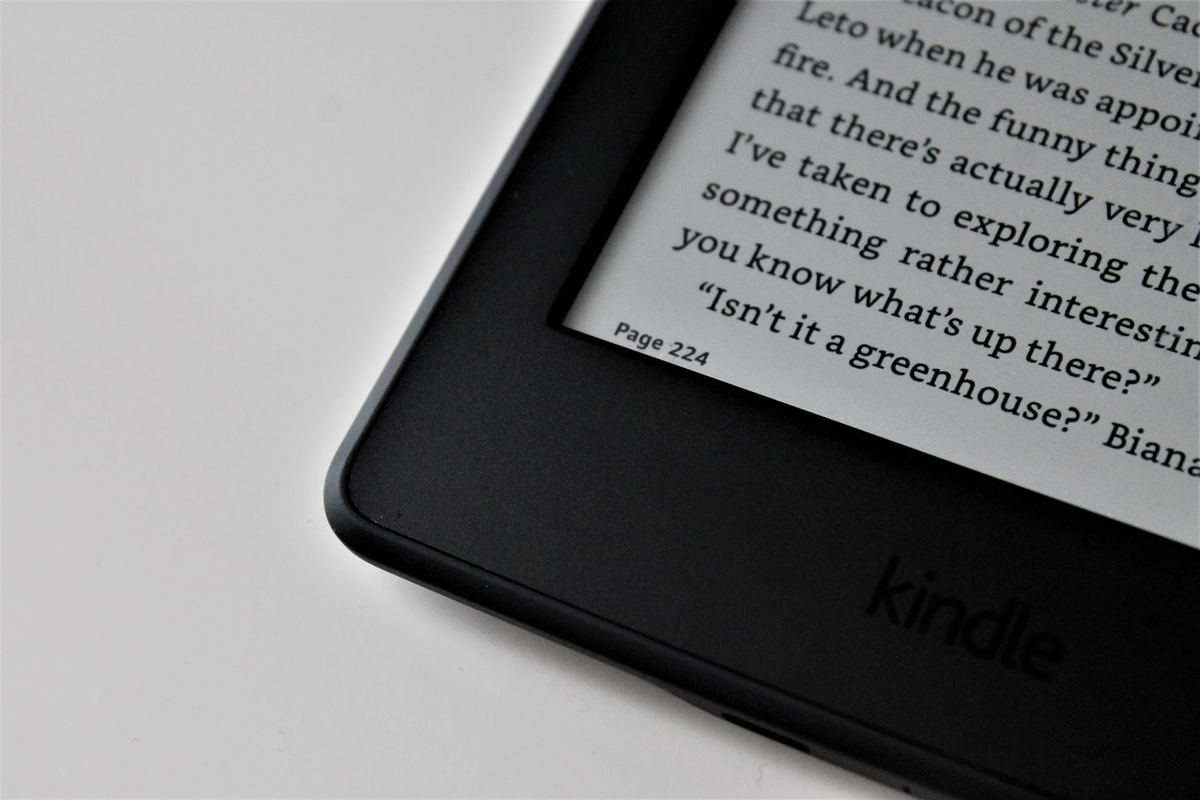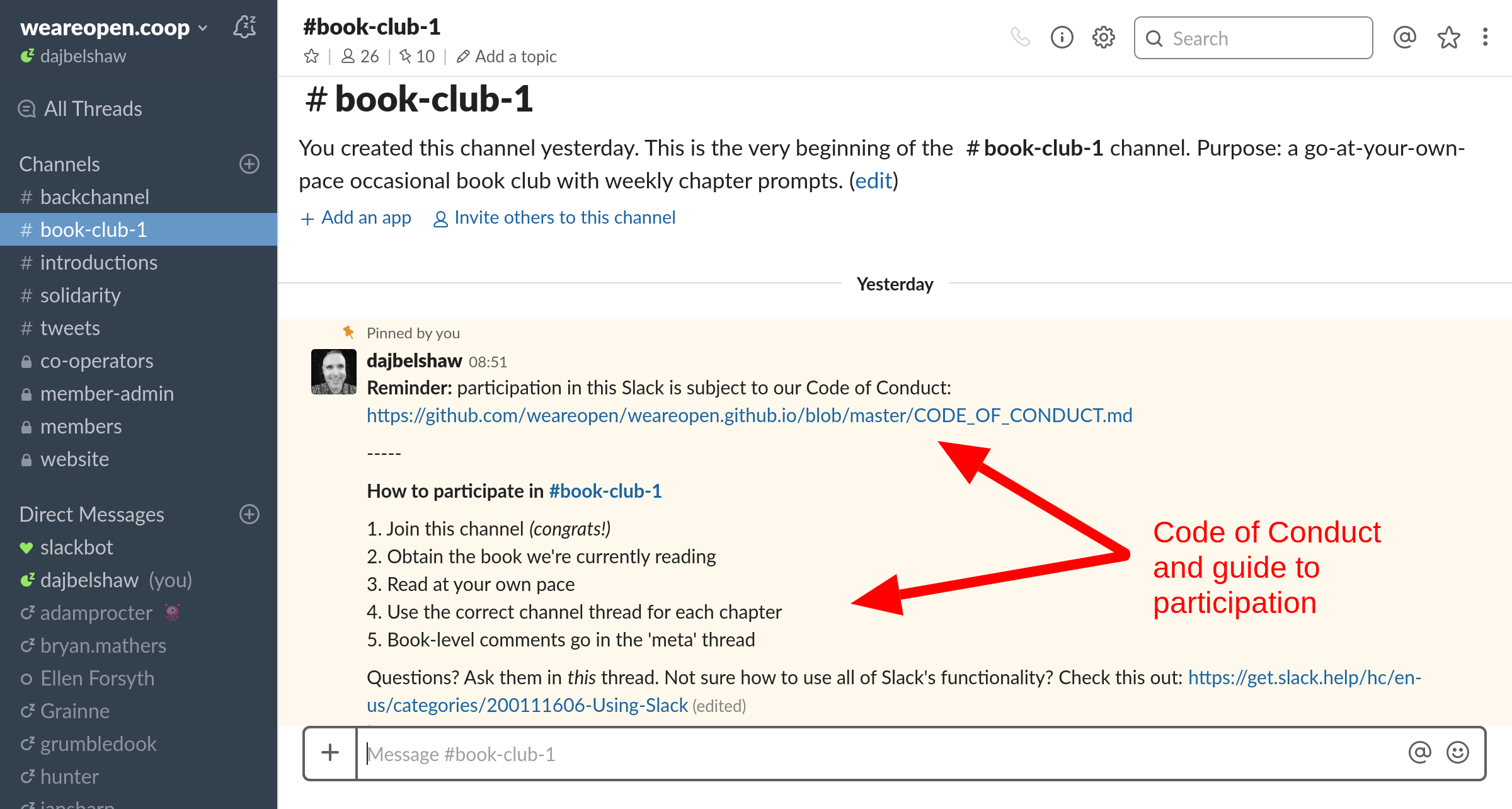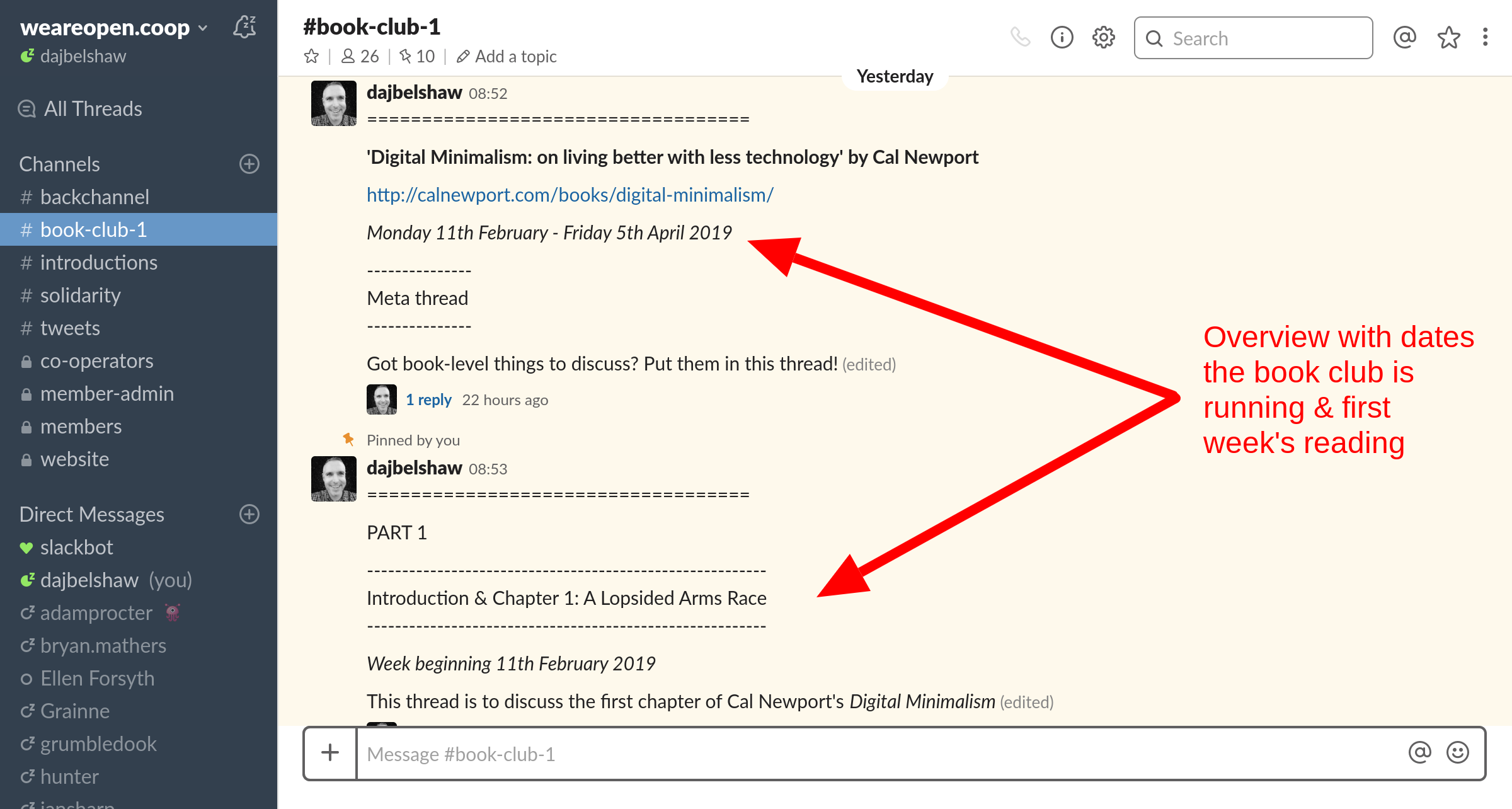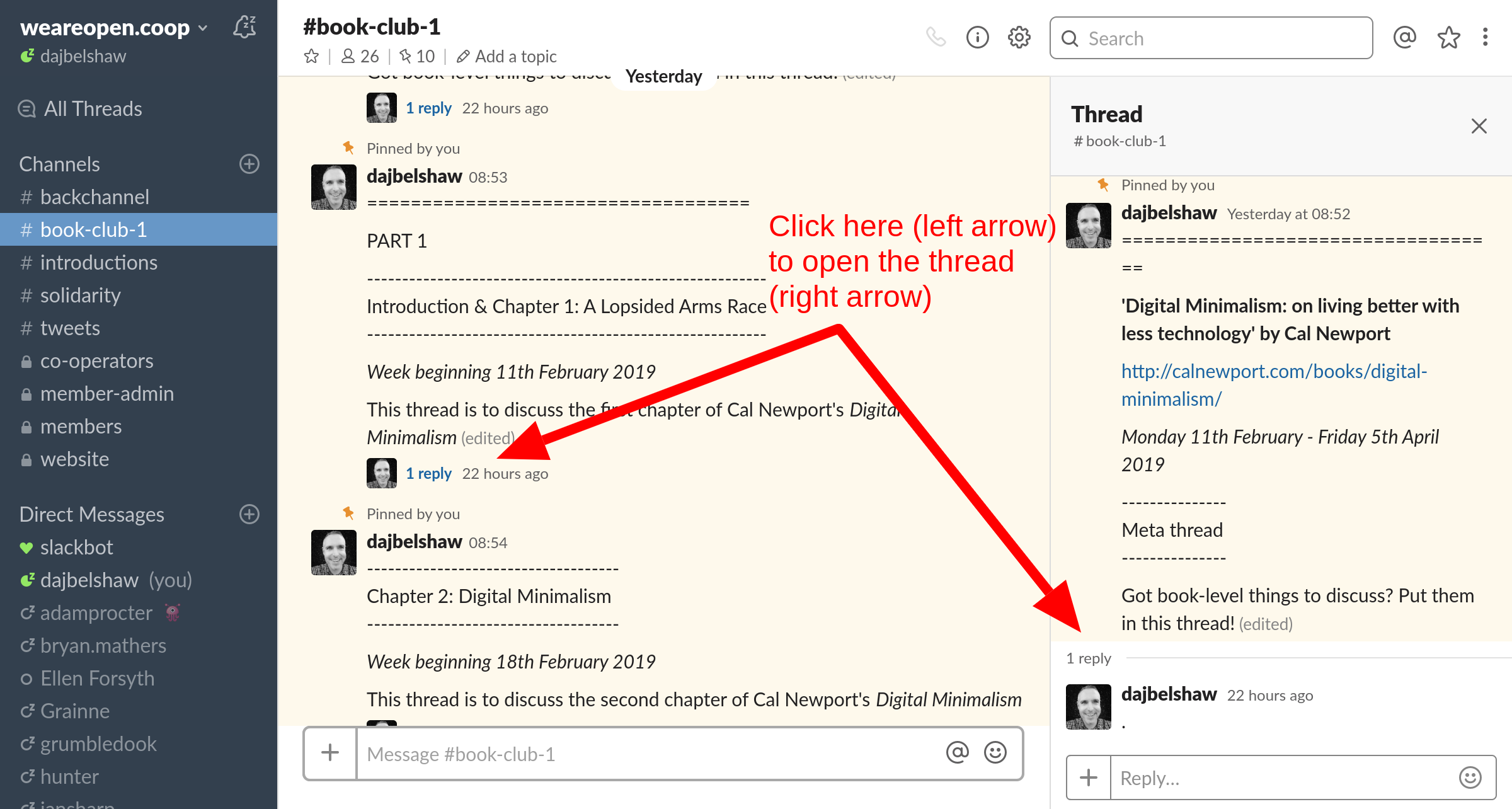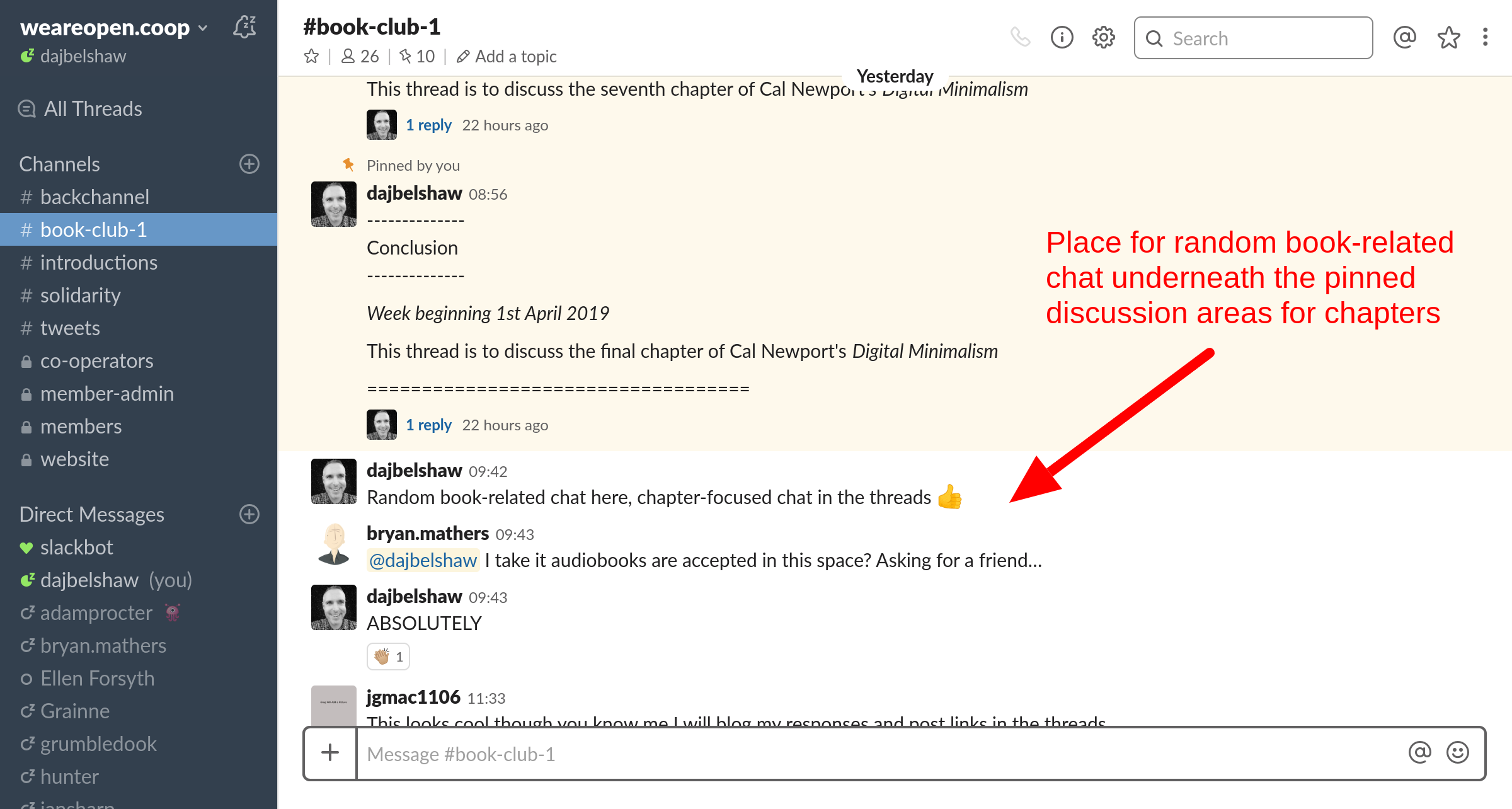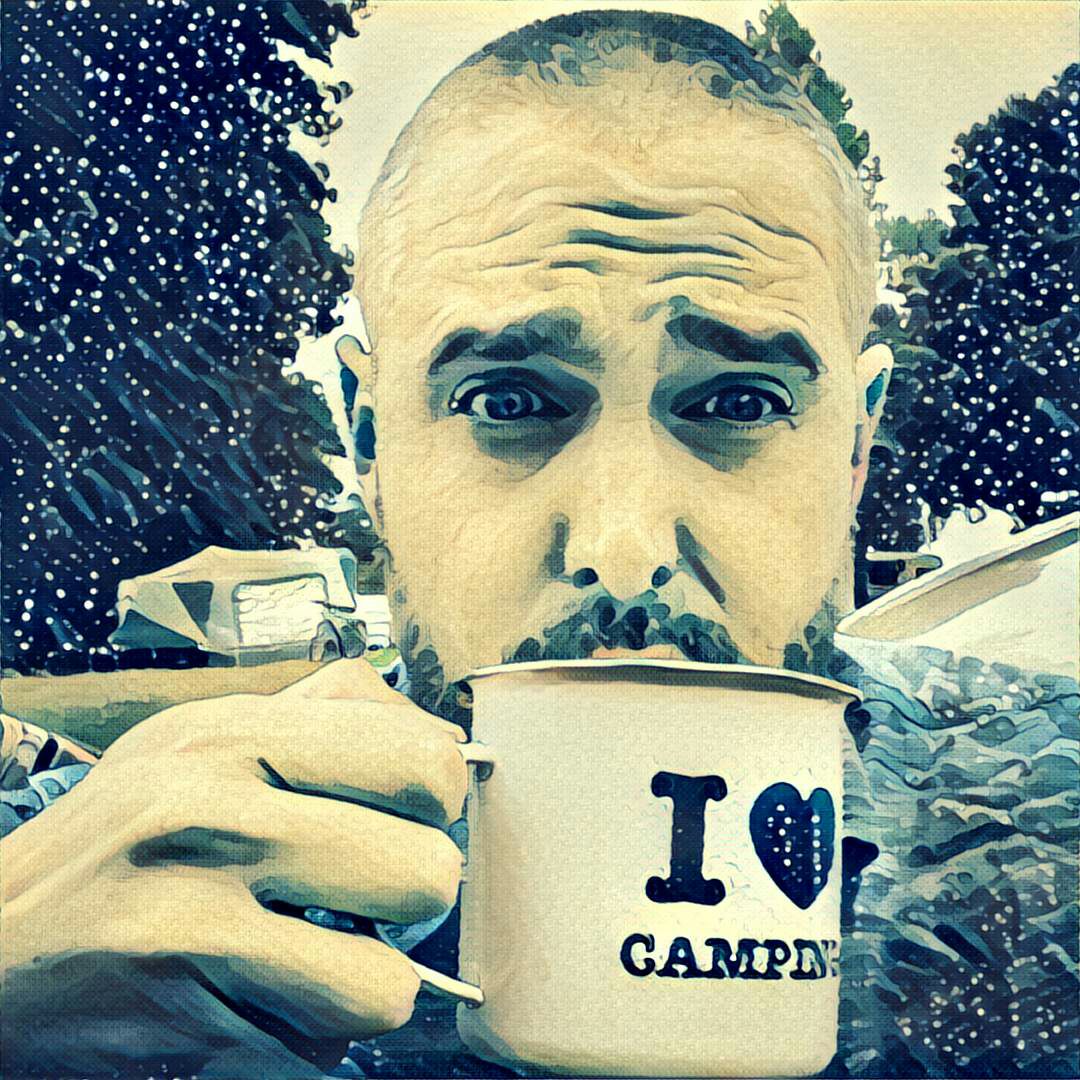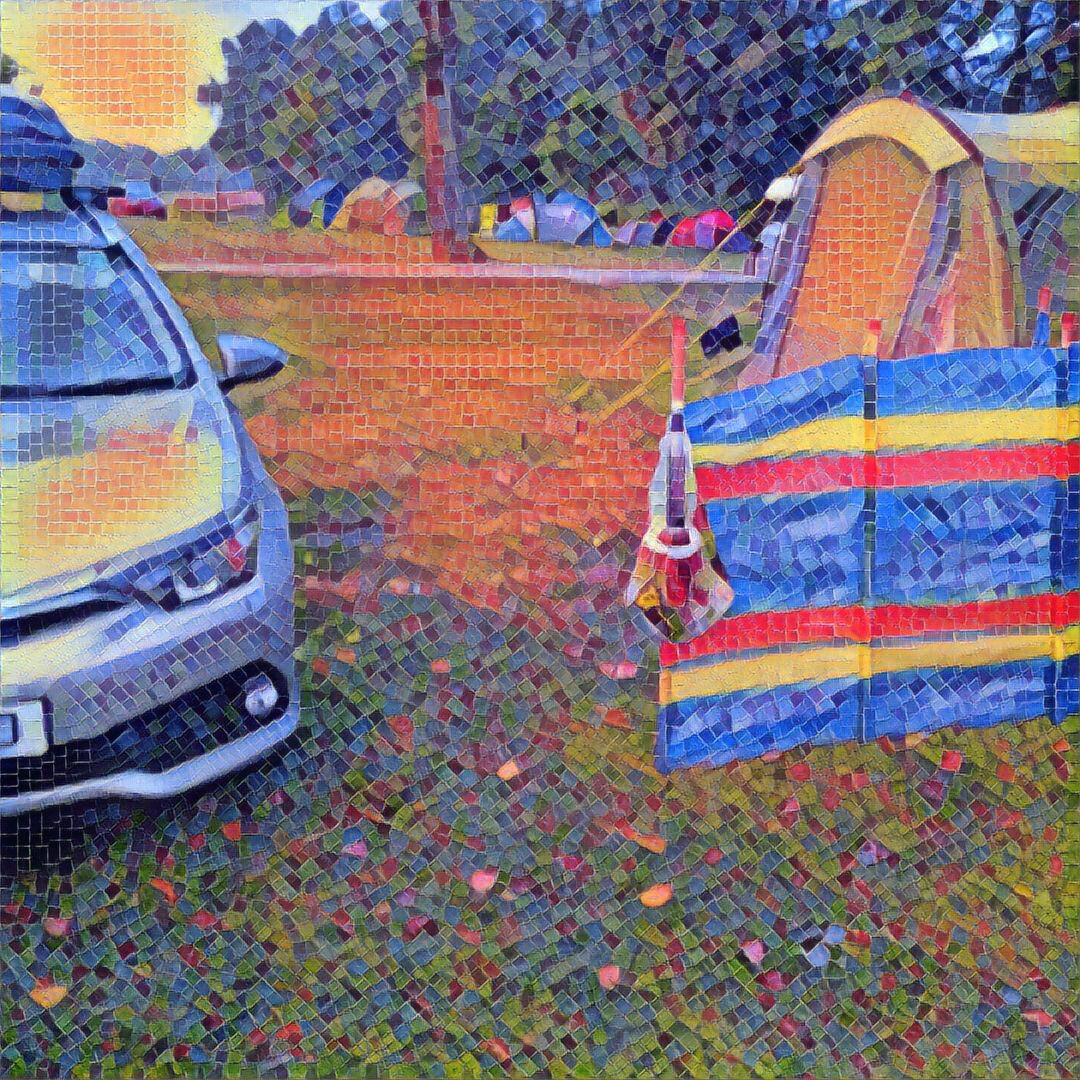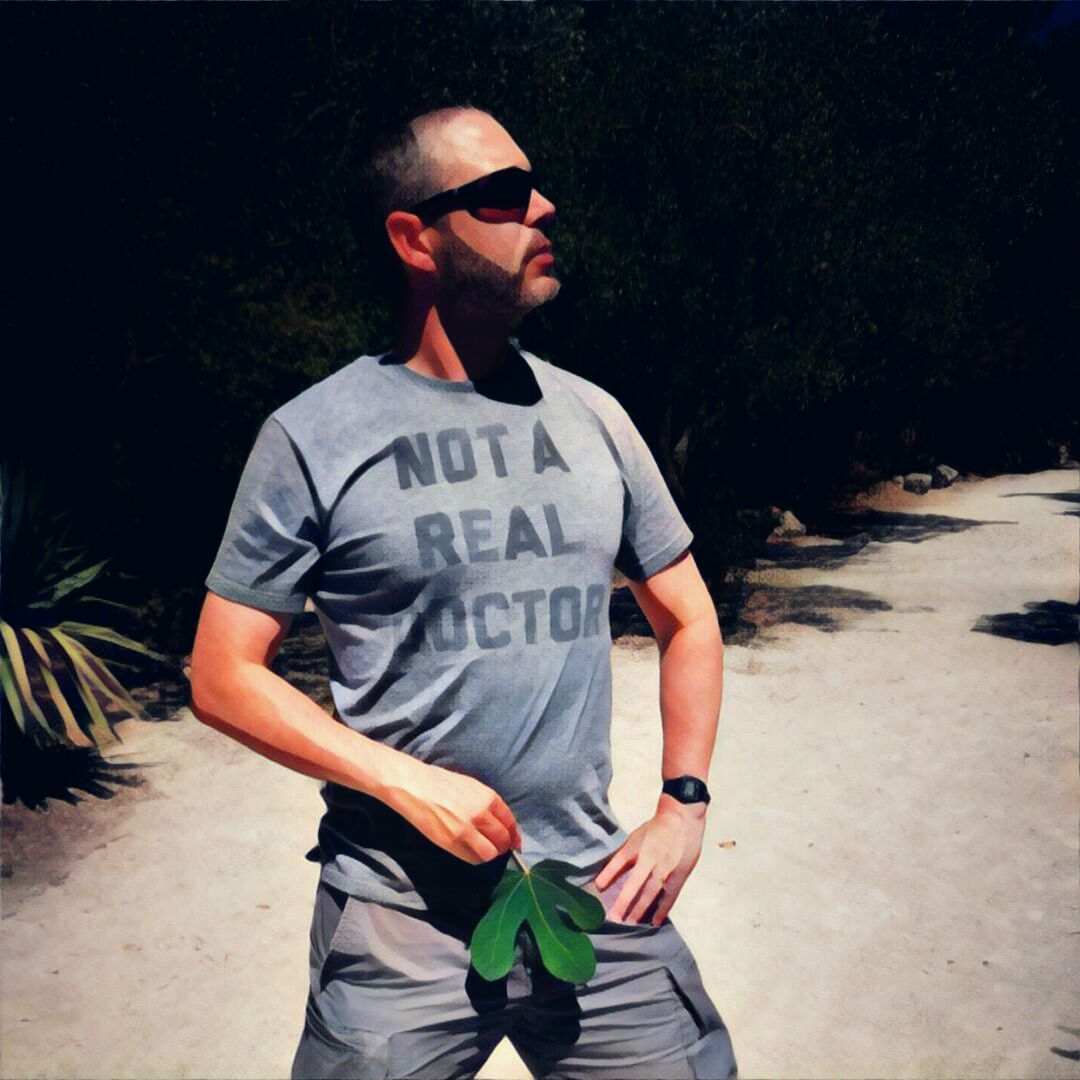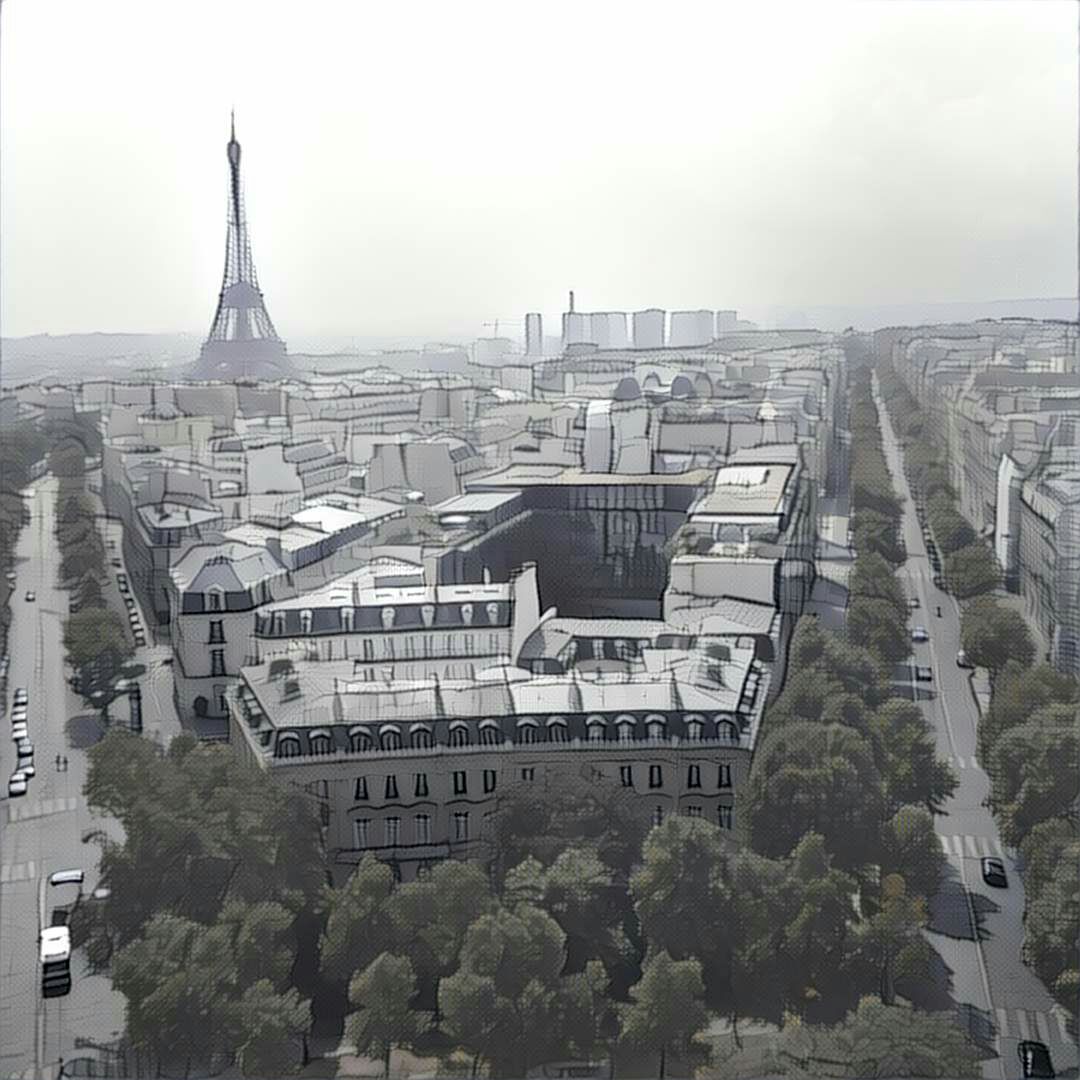Weeknote 01/2020
Many years ago, when I was very small, I can remember talking to my maternal grandmother about an article she’d seen in the newspaper. It was about an eclipse which was predicted to take place on 11th August 1999, and would be the first to be visible in the UK since 1927.
At the time it seemed like such a long way into the future. Who could imagine being 18 years of age? When the time came, I ended up driving the length of the country with some friends to see the eclipse in its full glory. My grandmother, sadly, had passed away peacefully some months before.
To a great extent, I feel like I’m living in the future. It’s easy to use the conceptual shorthand of ‘flying cars’ to represent what we were expecting technologically at this point in time, but I’m not sure I would have been massively surprised if, when I was younger, you’d described the world as it currently stands.
I don’t think we live in ‘unprecedented’ times. Human beings are human beings, at the end of the day. It’s just that we’ve got some more technology which extends our reach and increases our impact, for better or worse (usually worse).
I posted my 2019 retrospective on Christmas Eve after returning from a short family holiday to Iceland. It’s a magical place, particularly just before Christmas and we had a wonderful time.
What did threaten to put a slight dampener on things was when I managed to lose the keys to our rental car in the snow somewhere near Kerið, a volcanic crater lake. Note to self: zip keys in pocket next time!
Other than that, we stayed in three different places, and experienced wonderful places, vistas, sunsets, and people. We’re definitely going to have to go back.
While I was there, I started reading Independent People by Halldór Laxness. What a novel! It really helps you understand how brutally difficult life in Iceland was before electricity and modern conveniences.
This week, I’ve been trying to get back to some kind of decent routine. It hasn’t stopped me snaffling mince pies and eating festive leftovers, but I have, on the whole, eaten more healthily, and done more exercise.
The stimulus to this was tipping 90kg for the first time just after Christmas. It’s amazingly easy to drift into a less-healthy routine and convince yourself you haven’t changed that much.
I worked two days this week for Moodle, continuing to lead the MoodleNet project. Next week will be the first where I’m splitting my work differently: three days for MoodleNet, and two days working with We Are Open Co-op.
The rest of the MoodleNet team are mostly back on Monday, so I spent my time catching up and planning. I’ve moved all of our day-to-day issues to GitLab, because I think that these should be next to our codebase. Also, because Jira.
I’m back to writing and recording for Thought Shrapnel. This week I’ve posted a microcast on Anarchy, Federation, and the IndieWeb, as well as an (extended) link round-up. I’ll be back to article writing on Monday.
At Discours.es this week I’ve collected a bunch of quotations from my morning reading, with perhaps my favourite being:
One of the unpardonable sins, in the eyes of most people, is for a man to go about unlabelled. The world regards such a person as the police do an unmuzzled dog, not under proper control.
T.H. Huxley
New Year’s Eve was pretty quiet, although we did all go into Newcastle to see the fireworks at 6pm. It feels a bit more wasteful every year as the displays go on longer and longer, to be honest. I can’t quite believe that Sydney went ahead with their display in the midst of the bushfires ravaging Australia.
On New Year’s Day we went for a bracing walk in the Simonside Hills near Rothbury. We always enjoy that, and the views were amazing given the light. The whole world and their dog was there, though, obviously.
I re-start CBT next week which I’m very much looking forward to. I’ll also be doing more MoodleNet planning, as well as finalising the pre-conference AMICAL workshop I’m delivering on digital literacies the following week!
As ever, but even more so now I’ve got a bit more capacity, if you know of an organsiation that could do with our help, please let me know!
Photo taken on a New Year’s Day walk in the Simonside Hills, Northumberland

